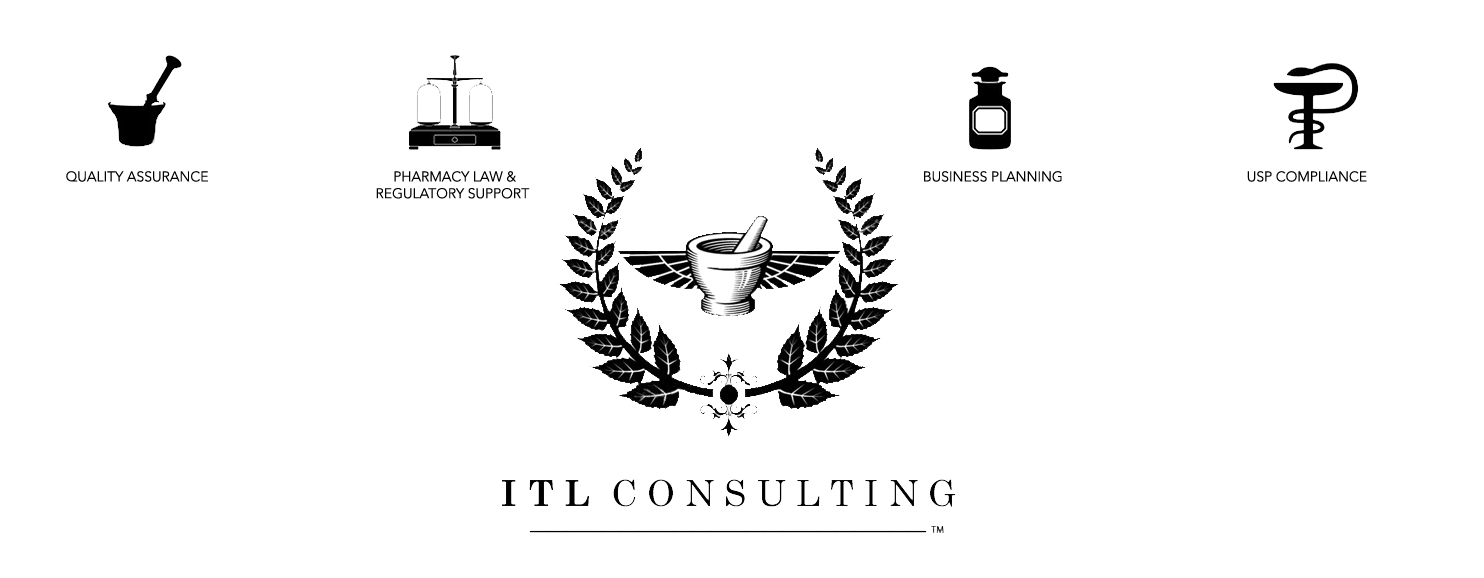By July 1, 2014 community, hospital and other facilities preparing sterile parenteral compounds must have a LSC license from the California board of pharmacy to dispense in CA. The majority of community pharmacies doing sterile compounding have this license, but other facilities have been exempt from this requirement under CA B&P 4127.1 (d) and instead received accreditation through private agencies like the Joint Commission that have been approved by the board. Earlier this year, the board completed a round of inspections in hospitals accredited by the Joint Commission, the Pharmacy Compounding Accreditation Board (PCAB) and the Accreditation Commission for Health Care (ACHC). The findings of these inspections indicate a clear divergence between the accrediting body's requirements and the CA pharmacy laws. The following are just a few of many critical areas where pharmacy directors and staff can prepare their operations to be fully compliant with the CA regulations in preparation for an initial inspection by the board of pharmacy before July 2014.
- Quality Assurance (QA) & Process Validation - Title 16 CCR 1751.7
The QA plan must be an exhaustive, integrated document housed within the policies and procedures. It is a living, dynamic document that must not only be well developed and unique to your pharmacy, but must also be constantly reviewed and updated as needed. Essentially, this document dictates all the quality assurance activities carried out by the pharmacists from the beginning to end of a process and must be performed as written and documented where required.
- Regular Cleaning of Sterile Compounding Area - Title 16 CCR 1754.1
The controlled environment where sterile compounding is performed must be cleaned weekly. This includes the cleaning of walls, floors, ceilings, equipment and requires documentation as evidence. Many pharmacies opt to have a third party complete the full cleaning each week. Assigning a team member as the point of contact with the cleaning crew may be necessary to ensure proper documentation and compliance with this policy, of which alternation of disinfectants is also a requirement.
- Master Formula & Compounding Records - Title 16 CCR 1735.2
Whether sterile or non-sterile, a master formula containing all required components of the medication being compounded must be accessible and utilized during the compounding of any preparation as documented. This includes an appropriate beyond use date with written justification for arriving at that specified time, including citations of studies if used. Stability data relating to each ingredient and packaging material may be difficult to find for certain preparations and pharmacist judgement and/or USP guidelines may also need to be used.
While the board found a great many shortcomings during these inspections, these represent some of the most common findings. Whether in the hospital, home health, or long-term care facility, the board of pharmacy will require a LSC license to compound sterile injectable drugs. The daily operational efficiency and pleasant environment of the work place does not need to suffer in undertaking this stretch goal. Strategically implementing the necessary changes in the pharmacy and seeking the expertise of a consultant are sound business tactics in such a scenario.
